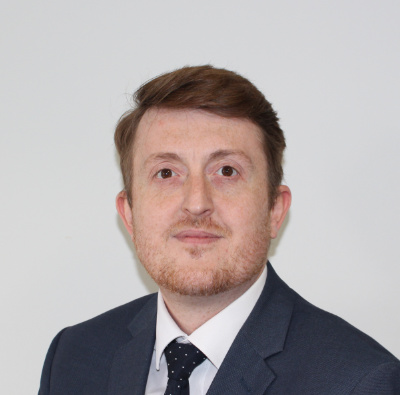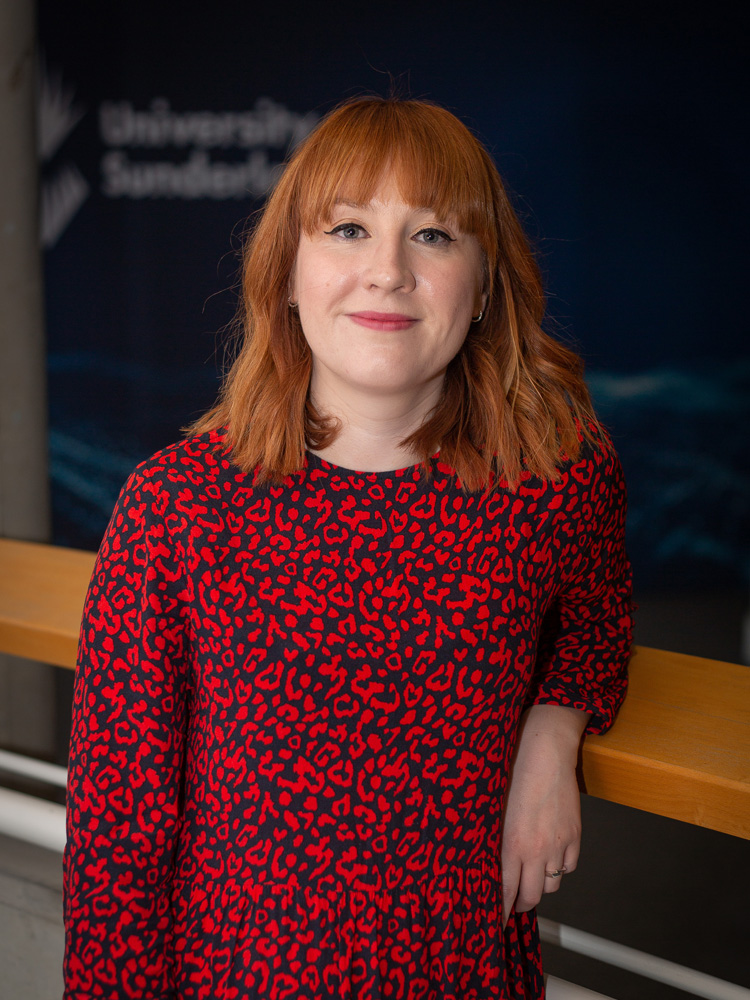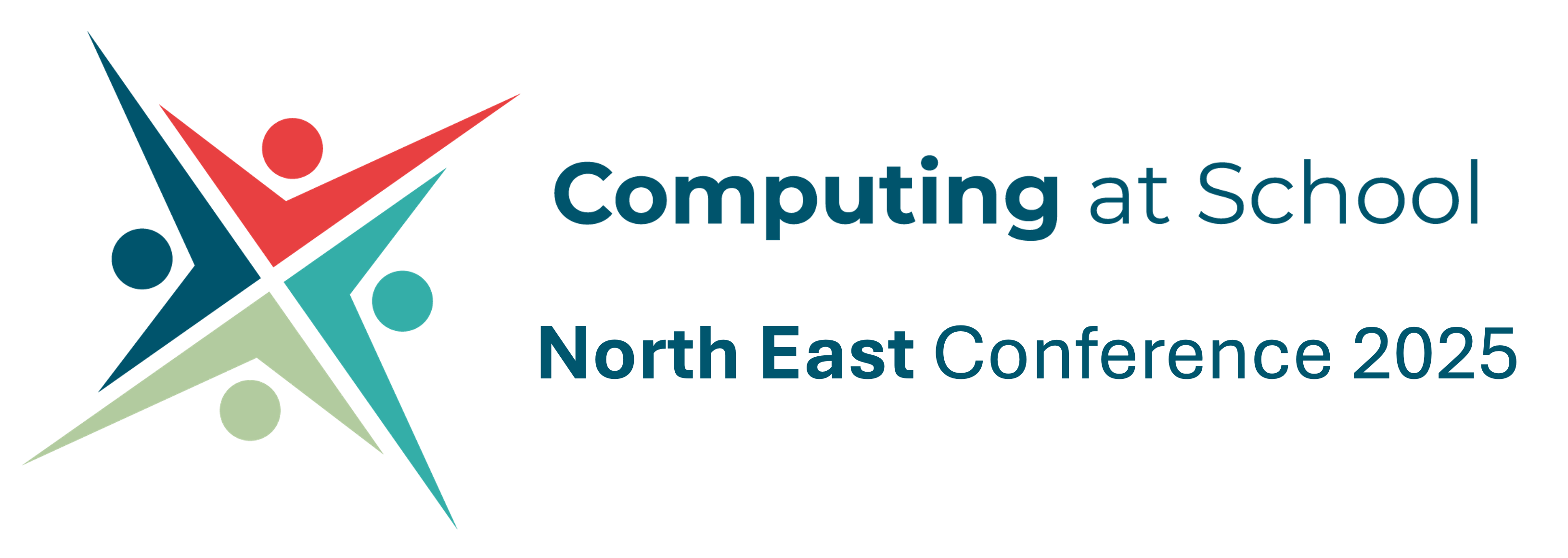The Computing at School North East Conference is back!
The CAS North East Regional Conference is a day of high quality CPD delivered by experienced teacher trainers and practitioners with a focus on lessons to take back to school and opportunities to share practice and ideas with colleagues across the region.
Overview
Join us on the 30 June 2025 for a range of hands-on practical sessions on how to deliver various aspects of the computing curriculum in all stages of education. Topics covered include:
- approaches to computational thinking
- computing without computers
- curriculum planning
- data representation
- physical computing
- primary and secondary programming
- networks
- computing in Early Years
The Conference will be hosting in the Urban Sciences Building, the home to the School of Computing at Newcastle University. This year the conference will be free and open to all. Bookings will be on a first come first serve basis and capped at 150 attendees. If you have booked a place and can no longer attend, please let us know so we can offer your ticket to another person.
Programme
| Time | Activity | Location |
|---|---|---|
| 08:15 - 09:15 | Registration and refreshments | USB.G.Atrium |
| 09:15 - 09:25 | Welcome | USB.1.006 |
| 09:25 - 10:10 | Cyber Security: what schools need to know - Nik Kelsey, Kings Priory School | USB.1.006 |
| 10:15 - 11:15 | Workshop group 1 | |
| 11:15 - 11:30 | Break and refreshments | USB.G.Atrium |
| 11:30 - 12:30 | Workshop group 2 | |
| 12:30 - 13:15 | Lunch | USB.G.Atrium |
| 13:15 - 14:00 | Artificial Intelligence in Learning - Becky Allen, Sunderland University | USB.1.006 |
| 14:00 - 15:00 | Workshop group 3 | |
| 15:00 - 16:00 | Workshop group 4 | |
| 16:00 - 16:15 | Closing and prize draw - Chris Napier, Newcastle University & Sarah Zaman, Computing at School | USB.1.006 |
Key notes and workshop information

Nik Kelsey is the Computing Hub Lead for North East and Northumberland Hub, Head of Computer Science, E-Safety and Strategic IT Lead at Kings Priory School.
Nik entered the education sector in 2015 following a successful career in industry, since moving into the education he has led a highly successful department and launched the North East and Northumberland computing hub, supporting the development of over 600 computer science teachers. He is dedicated to improving computer science across the region and ensuring that all pupils have acess to a world leading education which would support a career in the regions digital sector.
Primary Coding League: a computing enrichment case study - Charlie Mackenzie, Primary Coding League
Suitable for KS1 & KS2
More info to follow.
Operation Enignma - Ben McIvor, CyberFirst North East and Yorkshire (Max 20 people)
Suitable for KS3 & KS4
Experience firsthand the excitement and challenge of an award-winning historical cryptography workshop from the CyberFirst North East programme, based at Kings Priory Digital.
Step into the shoes of your students as you join the elite Bletchley Park team as WRENS operatives. Your mission: intercept and decode vital wartime intelligence flooding into your top-secret Hut and track down the notorious German Wolf pack – Raufbold (BULLY), including feared U-boats such as U-135, U-203, and many more.
Upon arrival, you’ll uncover thrilling news: critical intelligence captured by HMS Petard has finally been cracked, granting access to a rare and coveted 4-rotor Enigma cipher. But there's a twist—can you unravel the intricate four-rotor settings hidden within a series of complex ciphers?
The clock is ticking. Do you have what it takes to solve these puzzles and turn the tide of World War II?
Using AI to help with work load - Tim Mulford, Whitburn CofE Academy
Suitable for KS3, KS4 & ks5
A session to share ideas about how AI can be used by teachers to help with preparation and planning to help reduce teacher workload.
Bringing Computational Thinking to life in your classroom - Diane Dowling, Raspberry Pi Foundation
Suitable for KS1 & KS2
More info to follow.
How to achieve the NCCE Computing Quality Mark - Sarah Zaman, NCCE
Suitable for all Key Stages
More info to follow.
From Unplugged to Micro:bit: Making Physical Computing meaningful across the curriculum - Karl McGarth, CAS Community Lead
Suitable for KS1 & KS2.
This session explores the progression and purpose of physical computing in both Computing and D&T. With many schools recently receiving Micro:Bits, it’s a timely opportunity to reflect on how physical computing can be meaningfully embedded across the curriculum.
We’ll look at how to move from unplugged activities to hands-on tools, with practical examples spanning EYFS to KS2 - from Coding Critters and Bee-Bots, to Edisons, Spheros and Micro:Bits. The workshop will support teachers to think about how physical computing can support purposeful learning and build computing capital at every stage.
AI - friend or foe: ethics, privacy, security and teaching pupils about it - Dr Marie Devlin, Newcastle University
Suitable for KS2, KS3, KS4 & KS5
Dr Marie Devlin has been teaching at Newcastle School of Computing for 20 years. She mainly teaches team-based software engineering and research skills for individual dissertation work. She leads the EPiC research group in the School, (Educational Practice in Computing), and supervises PhD research on various aspects of Computer Science Education including assessment, experiential and problem-based learning and more recently on AI and how it can be used to best effect in teaching and learning.
Flock XR, the free 3D creation tool for young people - Rebecca Franks, Flip Computing
Suitable for KS2 & KS3
Flock XR is a brand new, free and open source 3D creation tool for young people. It provides a bridge between the popular 2D programming language Scratch and professional tools such as Blender, Unity and Unreal Engine. The tool has been created by Flip Computing, an inclusion-first technology education. Flip Computing is a social mission company with a drive to improve the experiences of underestimated groups in technology education. This 3D creation tool has been designed with inclusion at its very heart. As part of Flock XR's early testing we have been running a pilot in 3 schools in and around Dudley to fully test its capabilities and create a tried and tested unit of work that covers the national curriculum concepts sequence, selection, repetition and variables in a creative and innovative way. Come along to our session to hear about the pilot and get hands-on experience with Flock XR.
Rebecca has 20 years experience in computing education and is a highly successful learning designer. She is extremely passionate about making computing and tech an inclusive space for all!
Are Hybrid GCSEs the Future? Be part of the pilot - Paul Robson, Royal Grammar School Newcastle
- How do we get more students to take GCSE Computer Science?
- How do we get more disadvantaged students to take GCSE Computer Science?
- How do we get more girls to take GCSE Computer Science?
- How do we run a remove/face to face offer which has an impact on GCSE Computer Science outcomes?
Digital classroom strategies and the use of OneNote to deliver lessons - Andy Bradley, Cardinal Hume Catholic School
Suitable for KS3, KS4 & KS5
Unlock the potential of digital teaching with this interactive 1-hour training session focused on effective classroom strategies and the powerful capabilities of Microsoft OneNote. Participants will explore practical techniques for organising lesson content, engaging students through collaborative tools, and streamlining lesson delivery in a digital environment. Whether you're new to OneNote or looking to enhance your current practice, this session will provide actionable insights and hands-on guidance to elevate your digital teaching toolkit.
Getting to know Code Club - Helen Baron, Raspberry Pi Foundation
Suitable for all Key Stages.
More info to follow.
Developing Computational skills from EYFS to KS1 - Vicky Dodds, Computing 4 Kids NE
Suitable for KS1
Looking at rotational tasks to support pupils moving from EYFS to KS1 using a mixture of plugged and unplugged resources to support and develop digital skills and independence

The second talk of the day will be delivered by Dr Becky Allen from Sunderland University.
After graduating from Teesside University with a BSc in Music Technology, Becky completed an MSc in Computer Science from Newcastle University. Becky then completed a PhD in Artificial Intelligence with a focus on pedagogical approaches to teaching this domain.
Her subsequent research focuses on applications of AI within music, as well as novel approaches to data analysis through sonification.
Becky teach across all courses in a variety of modules including Software Engineering, Artificial Intelligence and Advanced Programming.
Computer education research - Dr Laura Heels, Newcastle University
Suitable for all Key Stages.
More info to follow.
Crafting with Code: Turtlestitch - Professor Margaret Low MBE, University of Warwick (Max 30 people)
Crafting with Code: Turtlestitch is a free software that allows users to create and stitch patterns using a digital embroidery machine. By providing programmatic control over the machine, it enables the design and stitching of a diverse array of patterns onto fabric. Turtlestitch integrates Mathematics, Computing, and Design Technology, supporting a variety of cross-curricular projects. Patterns can be stitched in just a few minutes, transforming virtual designs into tangible outputs. This workshop introduces turtlestitch and shows how it can be used in KS3 classrooms for cross-curricular projects, as well as giving an insight into manufacturing in the classroom.
Using MediaLib to create multimedia python products - Simon Roberts, Carmel College
Suitable for KS3 & KS4
Medialib is a python library that allows users to create multimedia products with an easy to remember set of commands. The 'cognitive overload' is reduced, while allowing final outcome of the program to be visually rewarding. Each of the main programming structures and functions can be taught through using this library, and once the main commands have been introduced, we can quickly move on to the associated problem-solving and computational thinking.
A Level Computer Science - Karnaugh Maps - James Dixon, Cardinal Hume Catholic School
- Appreciate the need to simplify logic when designing circuits
- Understand the relationship between a truth table and a Karnaugh map
- Know how to fill in and group items in a Karnaugh map and interpret those groupings
- Simplify Boolean expressions with two, three or four variables using a Karnaugh map
Cross Curricular Crumble - How to make use of crumble controllers outside of computing - Mark Lloyd, Knetic Education
Suitable for KS2.
More info to follow.
Supercharging Student Memory: Effective Retrieval Strategies for A-Level Computer Science - Jeanette Patterson, Durham Sixth Form
Suitable for KS5.
This will be an interactive workshop and is designed to equip A-level Computer Science teachers with some practical strategies to embed retrieval practice into their lessons. Participants will explore strategies that are especially effective and tailored for learning and recalling A Level computer science concepts. We will try out some ready to use techniques and design some subject specific activities that can be applied immediately with students.
Data Logging with Micro:bits - Steve Robert, OpenZone@TheWord - ICT in Schools
Suitable for KS2 & KS3
More info to follow.
Teaching Python to beginners with Strype, a versatile and engaging online programming environment - Pierre Weill-Tessier, King's College London (Max 15 people))
Suitable for KS3.
Motivating novice learners at school age to learn programming can be challenging. Printing “Hello world” or printing out your name rarely creates excitement in a world of full screen graphical games.
In this session, we will show you how to make your programming lessons fun and engaging, leaving your students coming back wanting more. We do this by starting with programming interactive animated graphics.
This workshop will present both the examples and the tools that enable this approach. To achieve this, we will introduce a novel, online Python IDE – named Strype – that supports frame-based editing, a unique interaction style. Strype is free, open source, and runs online entirely within your web browser. It supports initial learning in Python as well as transition from block-based to text-based programming. Strype is aimed at teaching and learning at Key Stage 3.
Evidencing Learning In Computing - Mark Lloyd, Knetic Education
Suitable for KS2.
More info to follow.
Constructionism, robot heads and AI - Daniel Warner, Ohbot Limited (Max 10)
Suitable for all Key Stages.
Dan Warner, co-founder of Ohbot, is a teacher and former LA advisor that has spent 10 years developing and making robots from a workshop in Gloucestershire. 8000 Ohbots have been made and sent to schools around the world. He is essentially a fool for doing this as his family have been keen to point out. He believes that learning is best when it is through making things and telling stories. This workshop will be about making (using old fashioned manual coding) a robot character using AI as a creative partner.
Contact us
Still have questions or need more information? Let us know by contacting: cs.outreach@newcastle.ac.uk.
